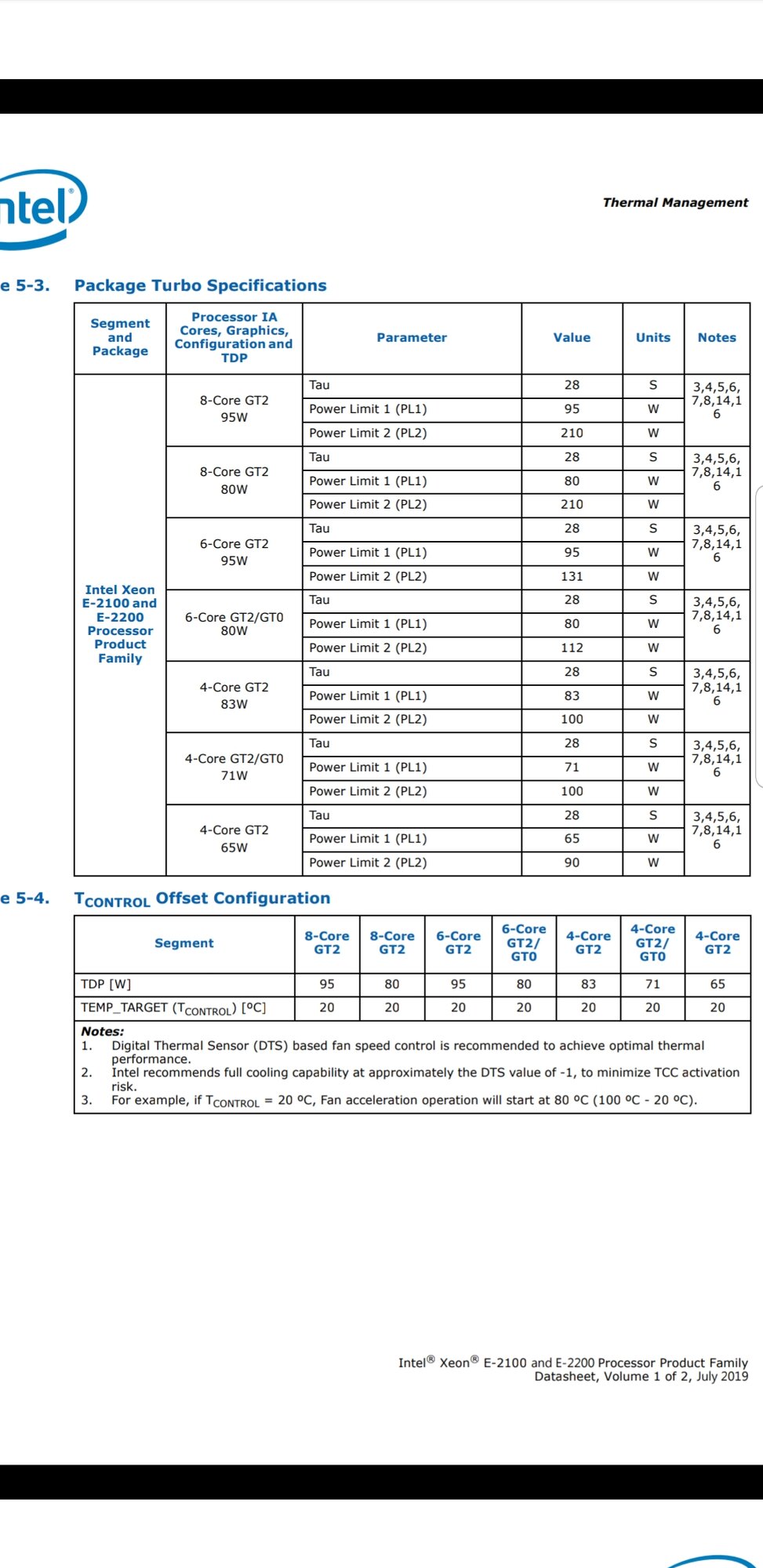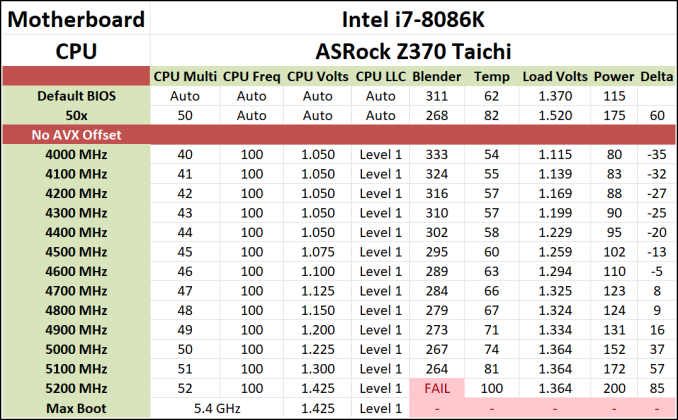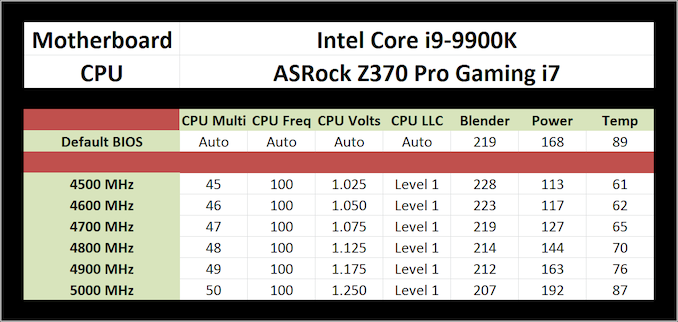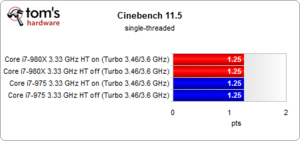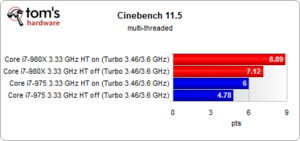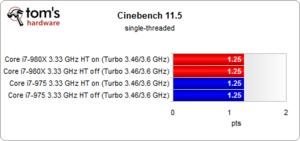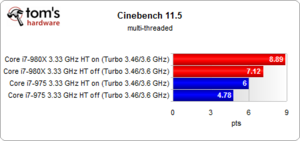Juanrga, that is a whole lot of history fabrication, even for you.
Of course Intel had this and that planned - just never below $1000 until Ryzen came. So enough of the empty "Intel planned" comments.
"Zen architecture was inferior than expected" What?? By who?!
At least you admit SkylakeX was a reaction. A rushed, mess of one too. Was the same-priced 9000 series refresh a reaction to TR2 or just Intel sticking it too their hardcore loyalists?
Of course Intel had this and that planned - just never below $1000 until Ryzen came. So enough of the empty "Intel planned" comments.
"Zen architecture was inferior than expected" What?? By who?!
At least you admit SkylakeX was a reaction. A rushed, mess of one too. Was the same-priced 9000 series refresh a reaction to TR2 or just Intel sticking it too their hardcore loyalists?
![[H]ard|Forum](/styles/hardforum/xenforo/logo_dark.png)

